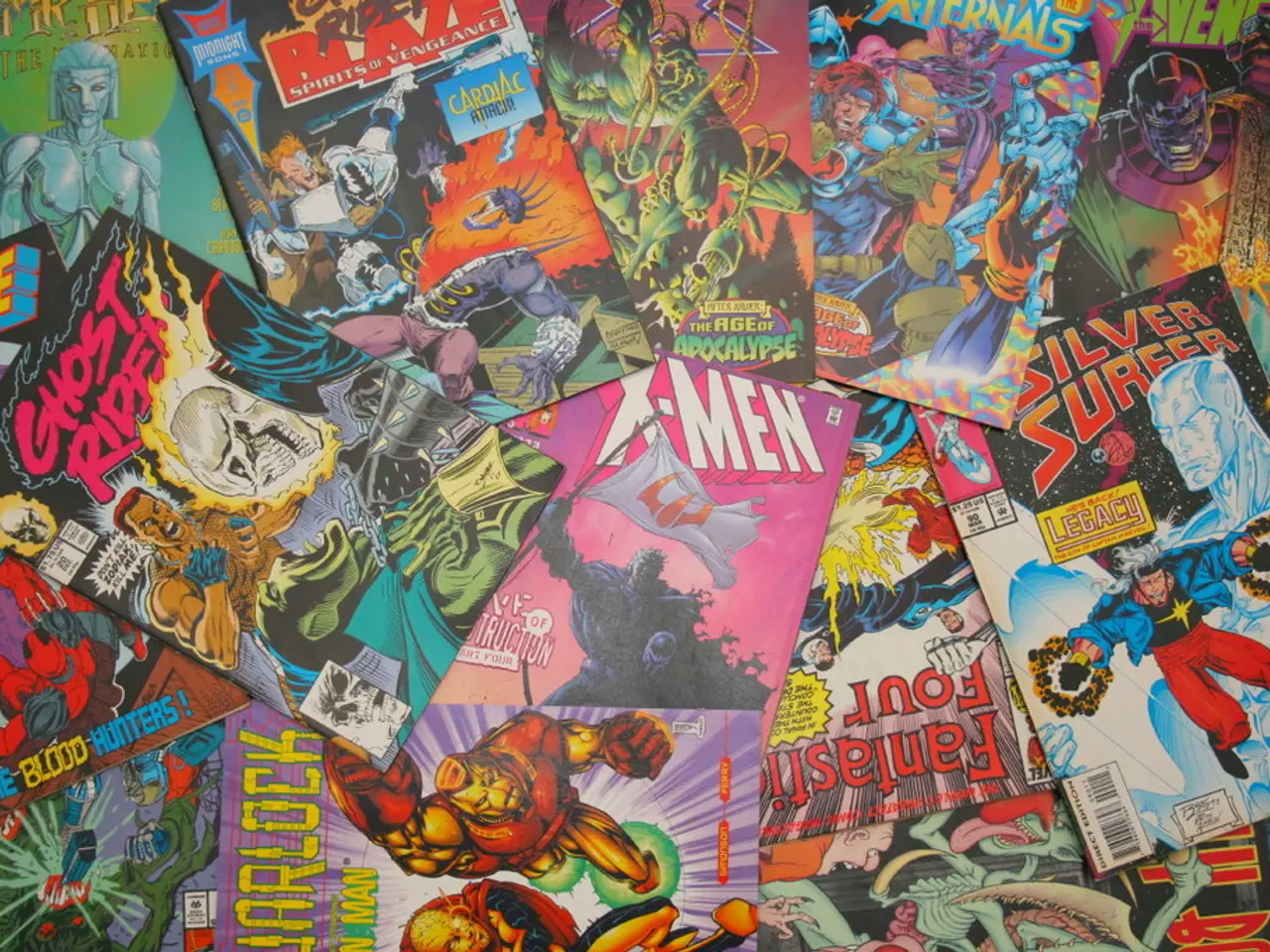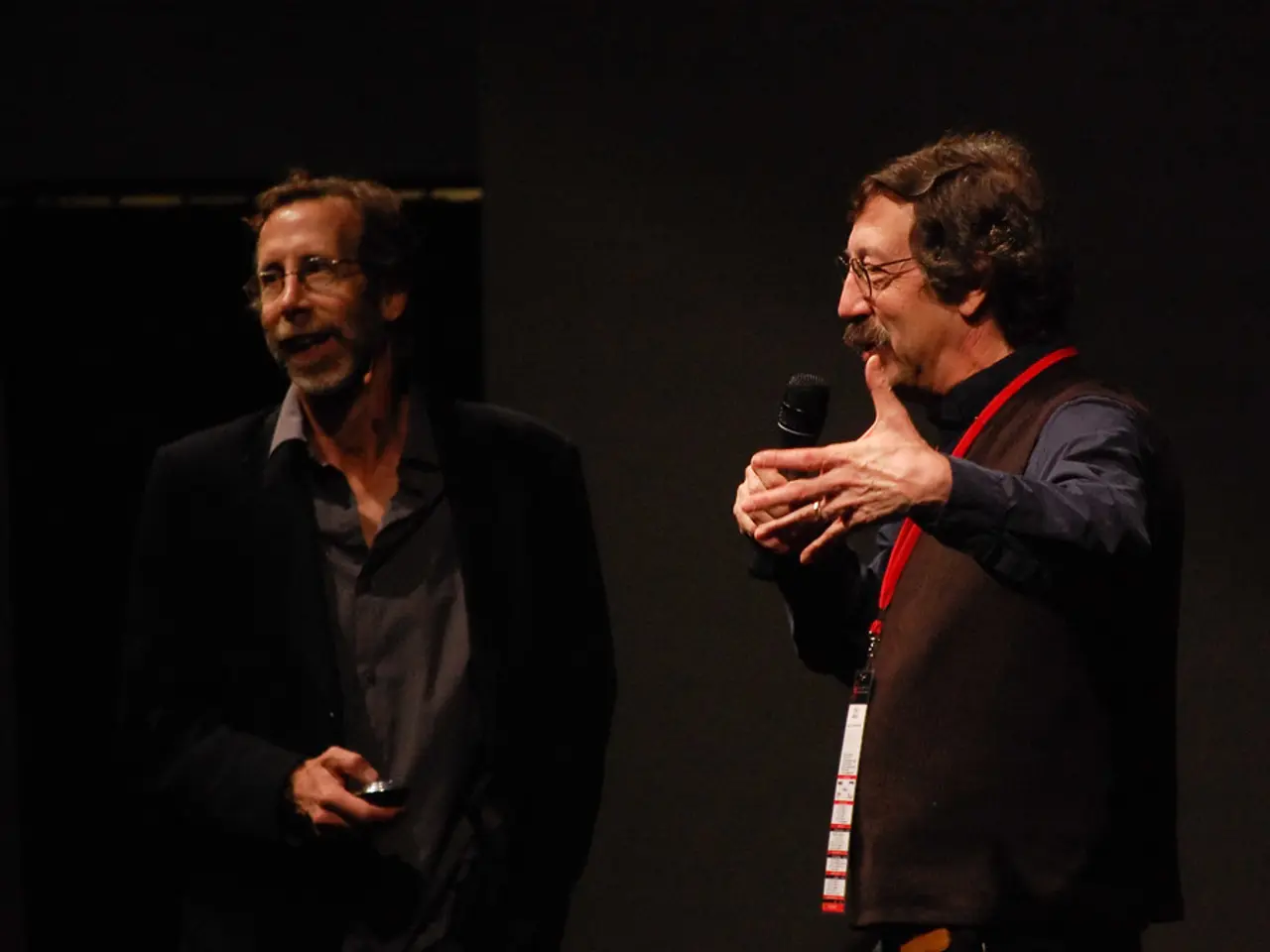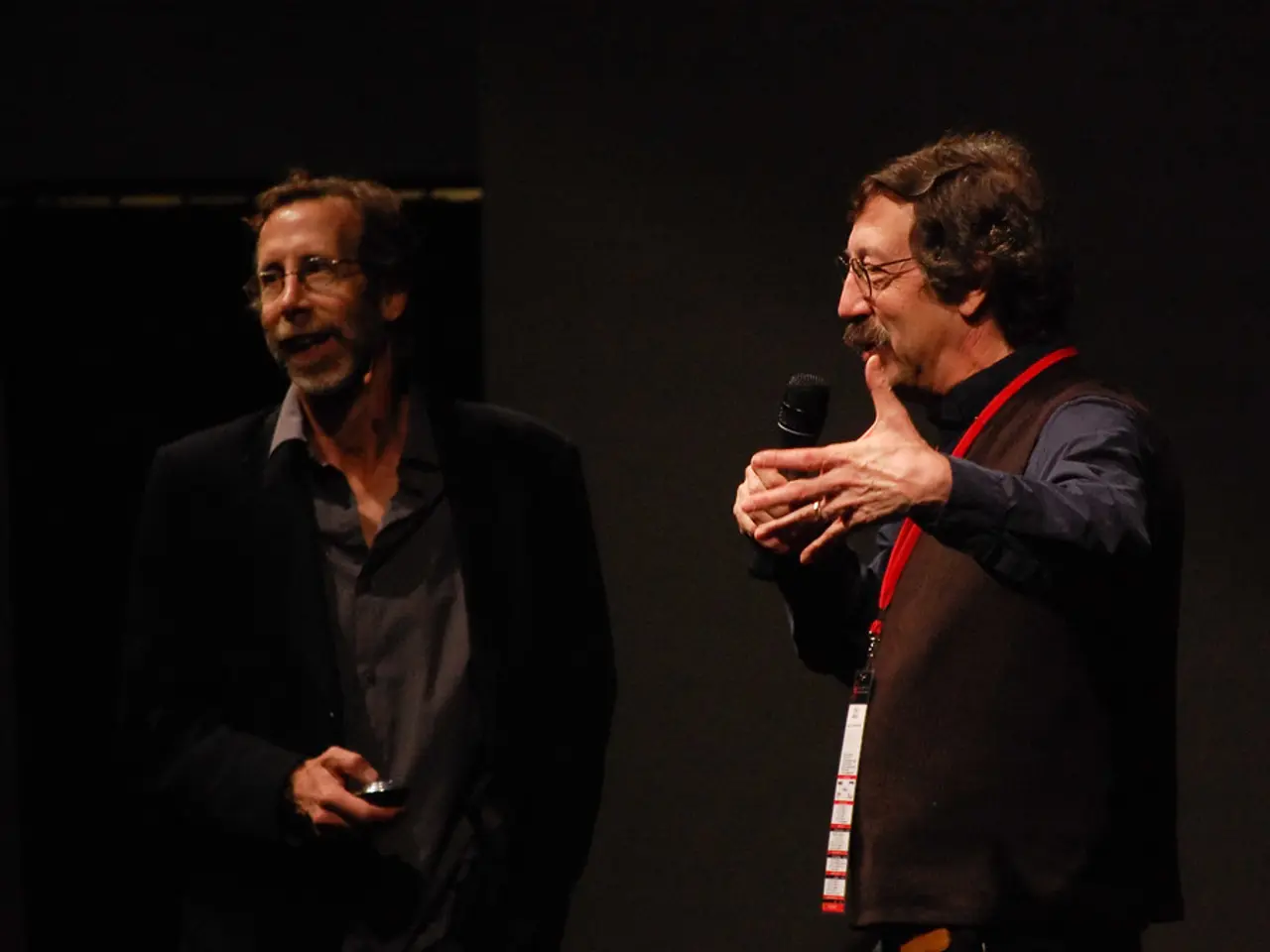Exploring the Repercussions of The Dark Knight's Final Episode: A Verdict of Fulfillment or Underutilized Opportunity
In the world of superhero cinema, few films have left as lasting an impact as Christopher Nolan's The Dark Knight. The concluding chapter of the trilogy, The Dark Knight Rises, has been critically analysed for its narrative choices, thematic resonance, symbolism, and significant impact on the superhero genre.
Nolan's ending deliberately opts for a self-contained conclusion to Bruce Wayne/Batman's journey, closing the trilogy without setting up further sequels or spinoffs. This restraint underscores Nolan's vision to tell a finite story rather than building an extended franchise or cinematic universe. The act of selflessness in the film, as Batman bears the weight of blame for Harvey Dent's crimes, underscores the theme of moral ambiguity.
The trilogy's finale thematically explores sacrifice, legacy, and redemption. Bruce Wayne ends his vigilante crusade by faking his death to live a peaceful life, symbolizing the idea that a hero's true victory can lie in inspiring others and passing the torch. The Bat Signal, a beacon of hope and a call to action, also serves as a reminder of Gotham's dependence on vigilantism.
Bruce Wayne’s "death" and subsequent escape represent the death of an old era and the birth of a new one, where hope is symbolically restored to Gotham. Batman becomes a mythic figure or symbol rather than just a man, illuminated by the final moments where John Blake finds the Batcave, indicating the legendary mantle may live on.
Nolan’s trilogy, capped by this ending, profoundly reshaped superhero cinema by grounding the genre in realism, psychological depth, and moral ambiguity. The trilogy's thematic complexity and its closed narrative structure contrasted with the later comic-book cinematic universes. It influenced many adaptations to adopt darker, more mature tones focused on character and ethical complexity rather than expanding endlessly into interconnected franchises.
International audiences appreciated the nuanced portrayal of these themes. In the West, the ending was lauded for its philosophical depth, aligning with themes of existential heroism and the greater good. In Asia, the narrative of self-sacrifice mirrored traditional tales, striking a chord with values of honour and duty. In Latin America, the film's exploration of societal justice resonated deeply amidst ongoing discussions about corruption and integrity.
The global discourse surrounding the film's conclusion highlights its cultural impact, fostering conversations about ethics and the nature of heroism. The ending leaves viewers pondering its implications and potential unfulfilled, a testament to its power in sparking thought and reflection.
Moreover, Joker's anarchy embodies the unpredictable nature of evil, challenging the established social order. Harvey Dent's descent into madness as Two-Face provides a nuanced examination of how a hero can become a villain. Ambiguity is a powerful tool in crafting endings that resonate beyond the credits.
In summary, Nolan's choice to end The Dark Knight trilogy with a conclusive, symbolic, and thematically rich finale has been critically praised for elevating the superhero genre into a sophisticated narrative form, emphasising legacy, sacrifice, and mythic resonance while choosing control and closure over commercial franchise expansion. The Dark Knight Rises offers valuable insights for aspiring filmmakers, demonstrating the power of a well-crafted ending in defining a film's legacy.
- The conclusive chapter of Christopher Nolan's The Dark Knight trilogy, The Dark Knight Rises, has been applauded for its impact on the superhero genre, as Nolan opted for a self-contained conclusion that emphasizes control and closure over commercial franchise expansion.
- The thematic complexity and closed narrative structure of Nolan's trilogy, largely embodied in its finale, contrasts with later comic-book cinematic universes and has influenced many adaptations to adopt darker, more mature tones.
- The nuanced portrayal of themes in The Dark Knight Rises resonated with global audiences, with its philosophical depth aligning with themes of existential heroism and the greater good in the West, traditional narratives of self-sacrifice in Asia, and societal justice discussions in Latin America.
- In addition to its overall impact on the superhero genre, The Dark Knight Rises offers valuable insights for aspiring filmmakers, demonstrating the power of a well-crafted ending in defining a film's legacy, such as the exploration of sacrifice, legacy, and redemption through the mythic symbolism of Batman.







